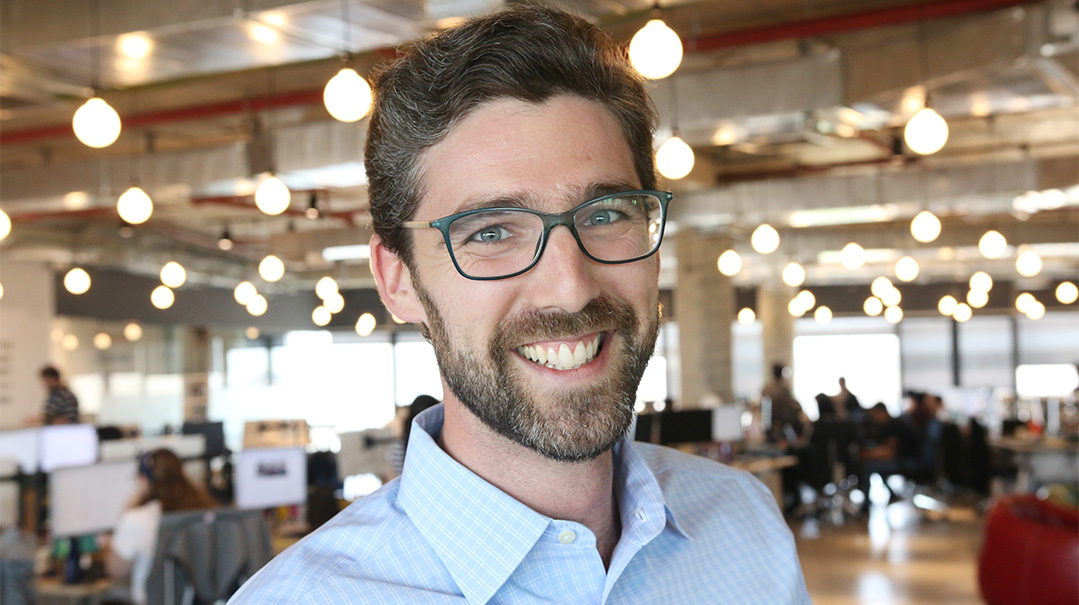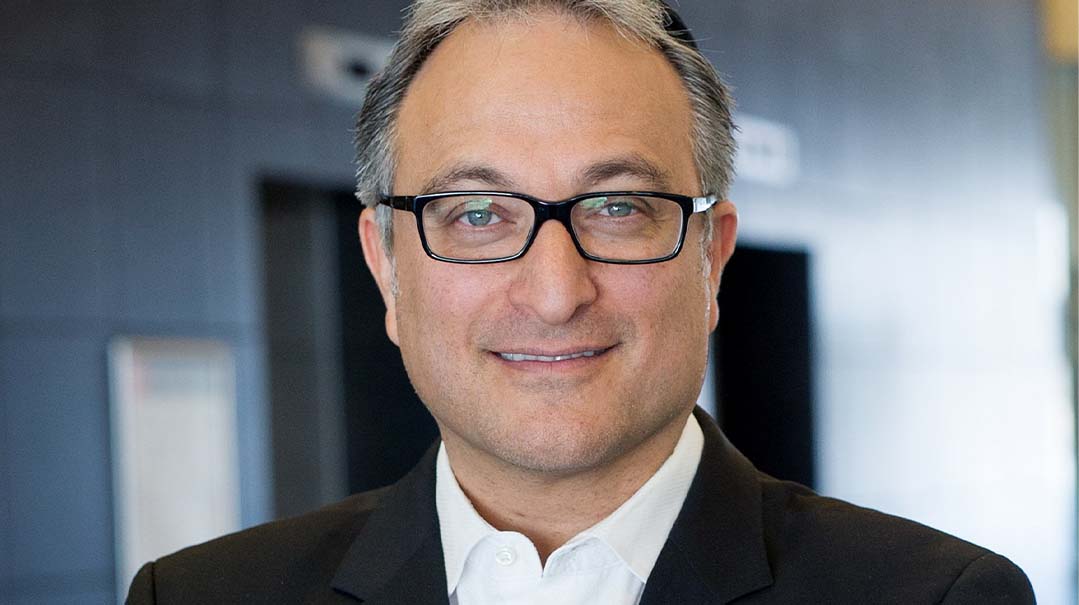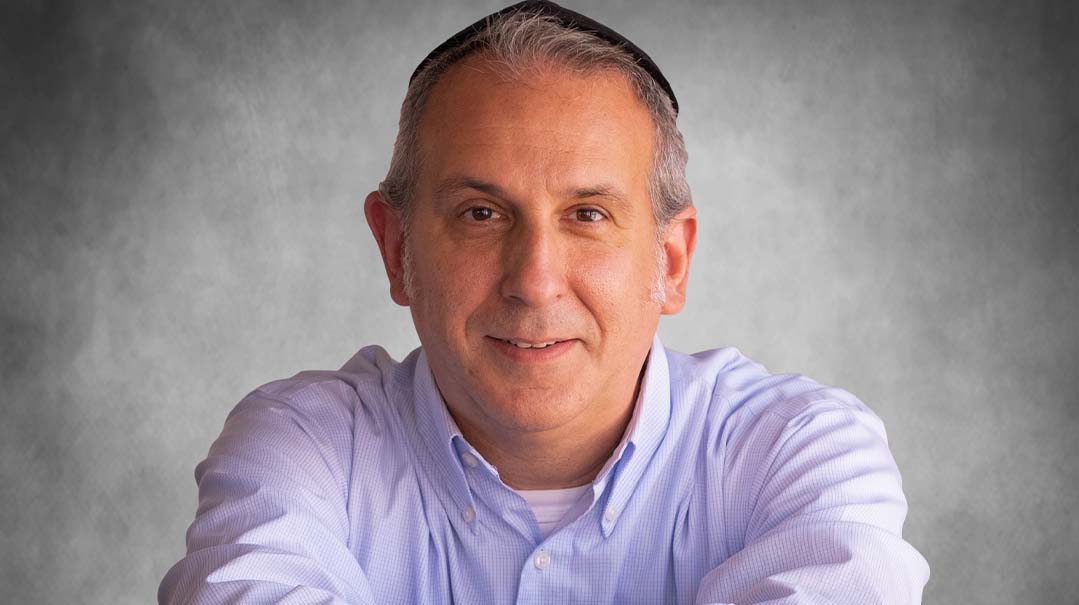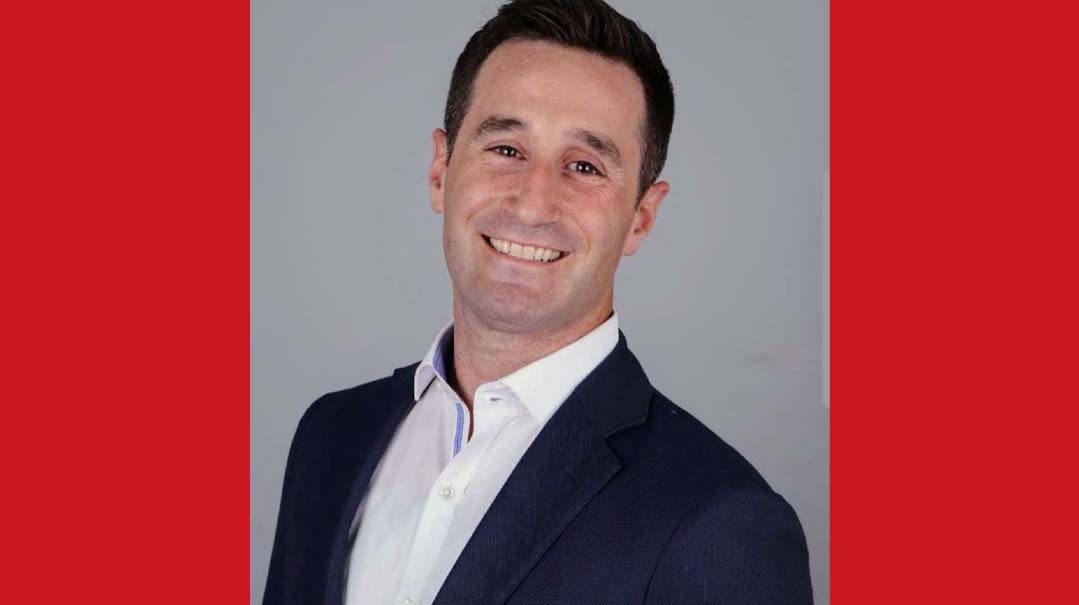Work/Life Solutions with Eli Langer

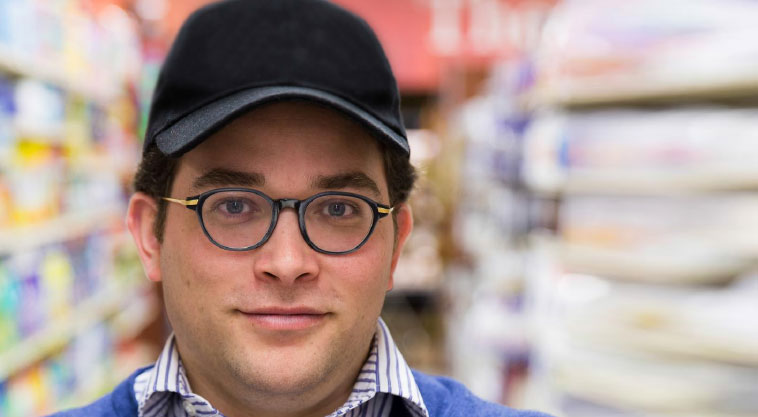
Who Eli Langer, CEO of Harvesting Media
You may recognize Eli from two of his other high-profile and impactful roles: 1) Social media producer at CNBC and 2) Program director at Kids of Courage.
What For four years, Eli was a social media producer in the newsroom at CNBC, the worldwide leader in business news on television. He’d manage the network’s social media platforms, educate reporters and producers on using social media to tell their stories, and write articles on the business of social media.
Eli then said goodbye to news and hello to food, and recently co-launched Harvesting Media, which provides super marketing to US-based independent supermarkets. The growing company also assists restaurants and food brands looking to turn heads in the world of digital marketing.
Where Brooklyn-bred Eli attended various yeshivos in the US and Eretz Yisrael, including Chaim Berlin, Waterbury, Rabbi Senter’s, and the Mir. He now lives on Long Island with his wife and children, frequently visits clients in New York and New Jersey, and constantly zips around town on Hatzolah calls.
Why Since my brother Yoni introduced me to Eli, I’ve become fascinated by his story. He followed his passion, proactively charted his unique career trajectory, and remains constantly involved in family, community, and chesed. In both his personal and professional worlds, he exemplifies one who balances his parnassah with making a tremendous kiddush Hashem through his chessed activities. He’s young, idealistic, and relatable; as such, I’ve definitely learned a lot from him— and I hope you will, too.
What opportunities or personalities played a key role in your career path?
While in yeshivah in the late 2000s, I was an avid sports fan. I would post my sports thoughts online and eventually came accross Darren Rovell, a sports business reporter for CNBC, a news channel based in Englewood Cliffs, NJ.
I began assisting Rovell with research, analysis, media guidance— solely as a hobby— eventually meeting him and his wife at a conference six months later. I remember his wife asking why I’m investing so much time helping her husband if it wasn’t a paid position and wasn’t guaranteed to help my career. It was a chance I was willing to take.
Twelve months later, Rovell got his own show, and as I had just wrapped up my undergraduate studies at Touro College, Rovell brought me on part-time (a paid gig!) to help with social media strategy. From there, I transitioned to a full-time role, in the CNBC newsroom working on election night coverage, writing for CNBC.com, even spending time in front of the camera.
The experience was unlike anything I’ve ever had; each day, I had a front-row seat inside a large corporation’s worldwide headquarters, watching dozens of different teams comprised of hundreds of employees each working toward a common goal. Over the next four years, I learned an incredible amount that shaped me into the person I am today; from setting concrete and meaningful goals to conducting effective meetings, each workweek was a learning experience.
It goes to show, if you’re willing to put in the energy, take a chance, and follow your passions, anything is possible.
If you were granted an extra three hours per day, or spare million dollars, what would you do with that time or money?
In this hypothetical question, could I take the million dollars in annual payments instead of a lump sum? Would I have to pay taxes on it? Does it come with one of those giant checks and a photo shoot?
If I were granted an extra three hours per day, does that mean everyone else receives an extra three hours too? Would there be a “13 o’clock”? Does 1010 WINS then need more than 22 minutes to give us the world?
Truthfully, I would take the million dollars, create a nonprofit focused on combating the stigma surrounding mental health, and try to make the world a happier place for those in need.
Dr. Norman Blumenthal, who volunteers for Kids of Courage, often says that people view anxiety or depression as a vulnerability or weakness— and therefore won’t admit to it. Sometimes parents feel their child’s anxiety is a reflection of poor parenting. “Anxiety— or any frailty or weakness— is nothing to be embarrassed about,” says Dr. Blumenthal. “We have to stop being self-conscious about humanity; being human means sometimes being vulnerable.”
I want to teach the world Dr. Blumenthal’s lesson: that the challenge is not to lead an anxiety-free life, the goal is not to become totally fearless or to live devoid of sensations and emotion. The goal is to manage our emotions, be in the driver’s seat, grow, and progress.
That’s how I would spend the million.
If you were asked to deliver a TED Talk watched by 50 million people, what topic would you choose to speak about? Why?
The topic would likely be: “Giving— the True Reward.”
In 2009, I was invited to attend a first-of-its-kind adventure in Orlando with Kids of Courage, a nonprofit organization dedicated to putting smiles on the faces of seriously ill children. We flew across the United States with 11 travelers on continuous oxygen in-flight, a first for any commercial carrier. Since then, we’ve taken numerous trips, accompanied by a team of highly trained doctors, nurses, paramedics, EMTs, counselors, logistics— a 250-person staff that’s completely volunteer.
Giving time and energy to a cause like this without expecting any compensation is incredibly satisfying. It defies everything the outside world tries to tell us: chasing happiness is not about how much is in your bank account or where you’ve traveled; it’s about giving of one’s self to another. Who would have thought giving could be so enriching? The smiles on the campers’ faces have to be seen to be believed.
My wife, Yael, and I have three children, kein ayin hara, and they join us on our Kids of Courage chesed adventures across the US (including a four-day adaptive skiing adventure on Mount Snow in Vermont!). Our two boys — Nechemia, 8, and Chanoch, 4 — now help campers without skipping a beat. They no longer see the campers as children with disabilities; they simply see them as children. At this point, wheelchairs and crutches are as remarkable to them as pants and shoes — not very — and it’s beautiful to see.
How do you navigate the tension between your deepest values and the business world?
People would often ask me whether I found it difficult or uncomfortable to wear a yarmulke while employed at CNBC. The truth is, it was not in the slightest.
Why?
During my tenure, CNBC was exceptionally welcoming to all walks of life and cultivated a very diverse workforce. Staffers were kind and understanding, some genuinely curious about Jewish customs and beliefs.
Additionally, being an Orthodox Jewish male with a yarmulke in the center of the world’s financial news hub was a badge of honor for me. I understood that my actions and words could make an incredible kiddush Hashem — whether behind my desk or walking the floor of the New York Stock Exchange. I always tried to carry myself the way my parents, yeshivos, and Hashem expect of me.
My favorite story: A colleague of mine bumped into Jeff Weiner, CEO of LinkedIn, at a conference. He asked her to “send regards to that guy with the yarmulke.”
That was me. I was proud to be “that guy with the yarmulke.”
If you were advising a young man/woman hoping to launch a career as an entrepreneur, which “do’s” and “don’ts” would you share?
Do: Be persistent.
There’s a tremendous quote from President Calvin Coolidge that I hung in my office:
“Nothing in this world can take the place of persistence. Talent will not: nothing is more common than unsuccessful men with talent. Genius will not; unrewarded genius is almost a proverb. Education will not: the world is full of educated derelicts. Persistence and determination alone are omnipotent.”
With Hashem’s help, if you put your mind to something and never give up, you can achieve what you set out to accomplish.
Do: Try new things.
On Rosh Hashanah a couple years ago, a girl fainted in shul during davening. Though I was nearby, I felt quite useless in the moment, unsure how to assist. Thankfully she was fine, but the feeling lingered throughout Yom Tov. A couple weeks later, I heard about an EMT class beginning in the neighborhood. I decided to enroll and eventually joined Chevra Hatzalah six months later. It’s a truly remarkable organization.
Don’t: Be afraid to fail
Mistakes are awesome. Embrace them. We try to instill a culture at Harvesting Media that there is no such thing as a mistake, but a learning lesson. Experiment, break things — you’ll learn how to put it back together, giving you a deeper understanding of just how it works. I’m lucky to be surrounded by an amazing team at Harvesting Media, where everyone embodies this yearning to make us better every day.
Don’t: Do it by yourself.
Ask those with more experience for advice when you run into a challenge; chances are someone out there has been through the same obstacle. Use other people’s life experiences and lessons to expedite your journey to whatever finish line you’re running toward.
And during the run, remember: Hashem is alongside you the entire way.
(Originally featured in Mishpacha, Issue 734)
Oops! We could not locate your form.







